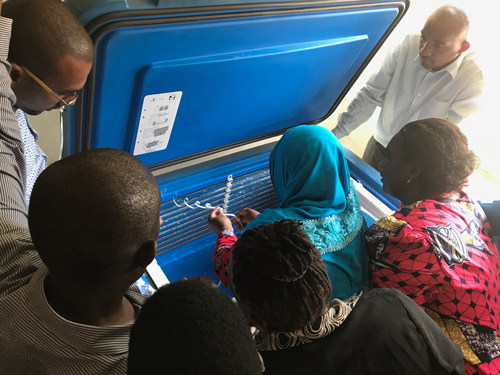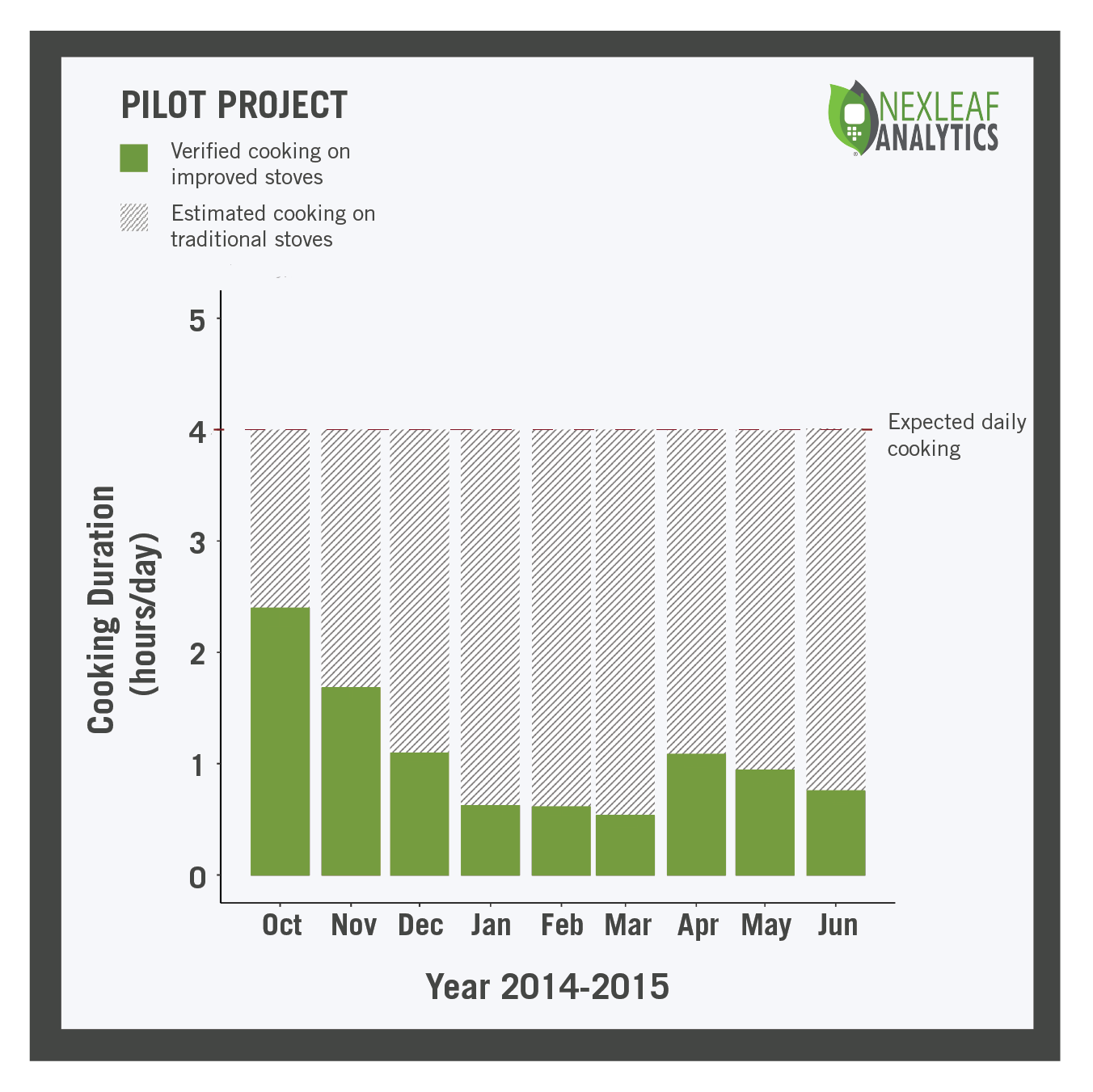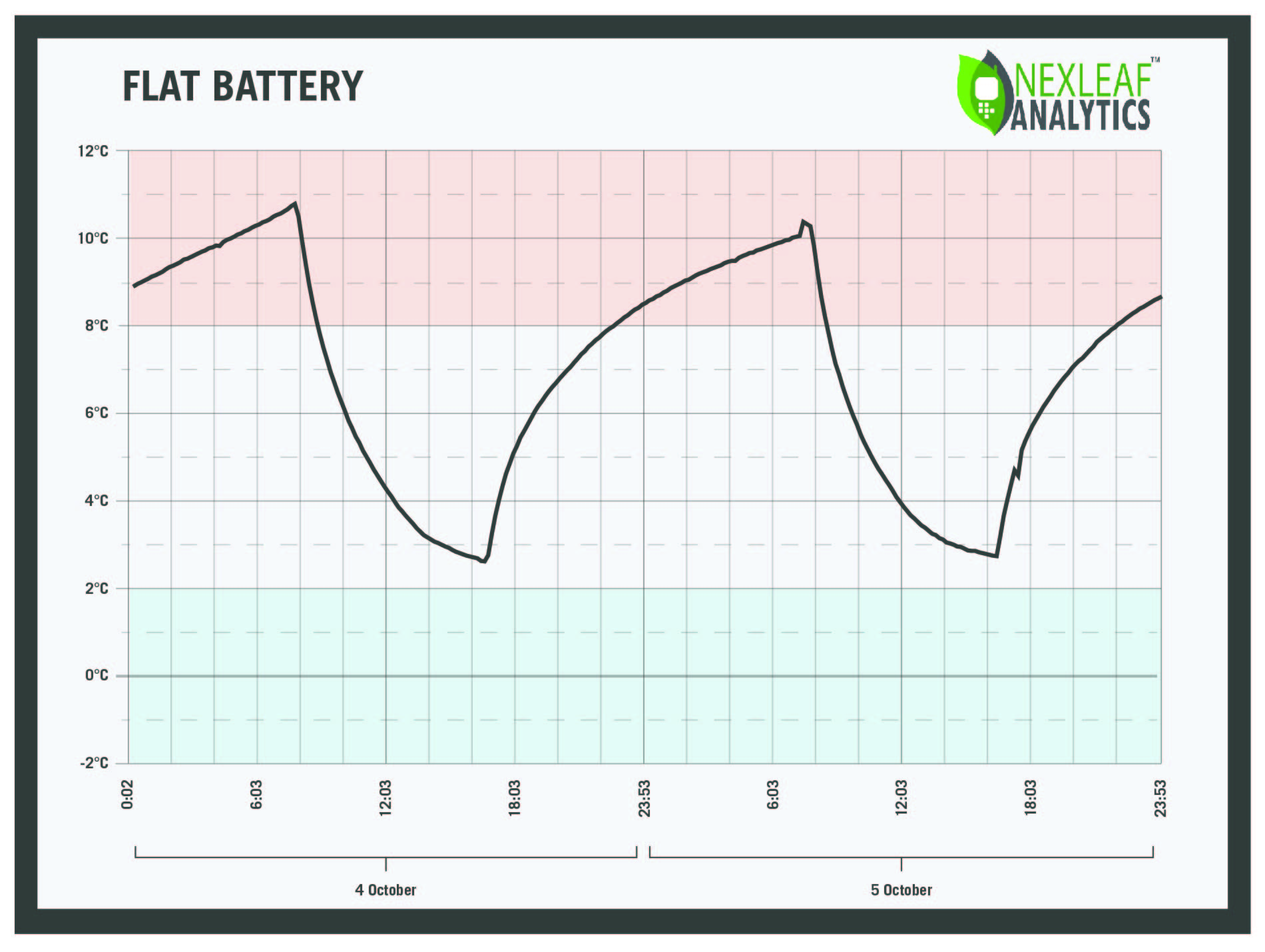The allure of results-based financing is that funding is connected to–and dispersed based on–impact, but how exactly is that impact verified? With the World Bank, our team developed a platform for transparent climate and health impact reporting.


The allure of results-based financing is that funding is connected to–and dispersed based on–impact, but how exactly is that impact verified? With the World Bank, our team developed a platform for transparent climate and health impact reporting.

Flat batteries, improper temperature adjustments, power outages, failed compressor–some of the reasons why refrigerators meant to keep vaccines at the right temperature fail in Uganda and Mozambique. As part of a special edition report “Building Next Generation Immunization Supply Chains,” the Nexleaf team explores how data can reveal and resolve chronic fridge failures.

Accessing health care can be difficult. The ubiquity of smartphones and tablets is proving to be a clever way of leapfrogging infrastructural barriers. Read how mHealth is closing the distance between clients and clinics in Social Science & Medicine.

The buzz around the Internet of Things (IoT) has gathered momentum but IoT acceptance and inclusion is still nascent. In this World Bank-led report, we examine how the potential of IoT implementation matches up with the reality on the ground.

Healthcare workers are adding a new skill to their role–technology. As more digital platforms and devices are rolled out in healthcare, how can we ensure that the tools meant to help healthcare workers don’t overburden them?

Global vaccination coverage rates have remained around 85% for the past several years. Moving past stagnation vaccination rates requires advanced tools to ensure potent vaccines reach the end users.

Following 127 households in rural parts of India revealed how communities cook when they don’t have access to energy. Their stories vary greatly but one conclusion is clear: delivery of modern stoves needs to go beyond distribution. Read More

For people living on $2 a day, paying them for something they already do–like cooking–could be the answer to the pervasive issues such as household air pollution and poverty. We look at how providing financial incentives affects clean energy consumption. (Answer is: They don’t.)

From our office in Los Angeles, California, we could accurately determine the cause of a broken fridge in Africa just from observing patterns in data. With access to the same information, what can local technicians and managers do?

Approximately $100 billion/year has been pledged by UN signatories backing the 2015 Paris Agreement for climate financing, with protection of vulnerable populations in developing countries declared as a primary goal. Our team pilots a first-of-its-kind results-based financing model that pays low-income households for their role in climate action. Read the full article in Nature Climate […]